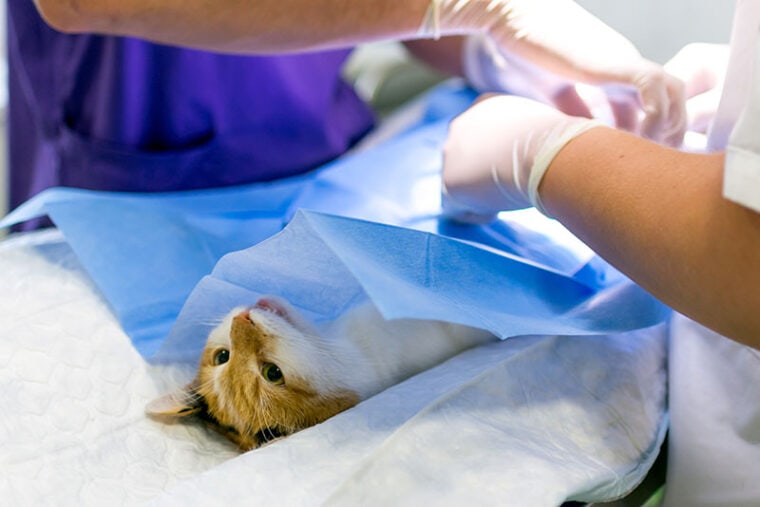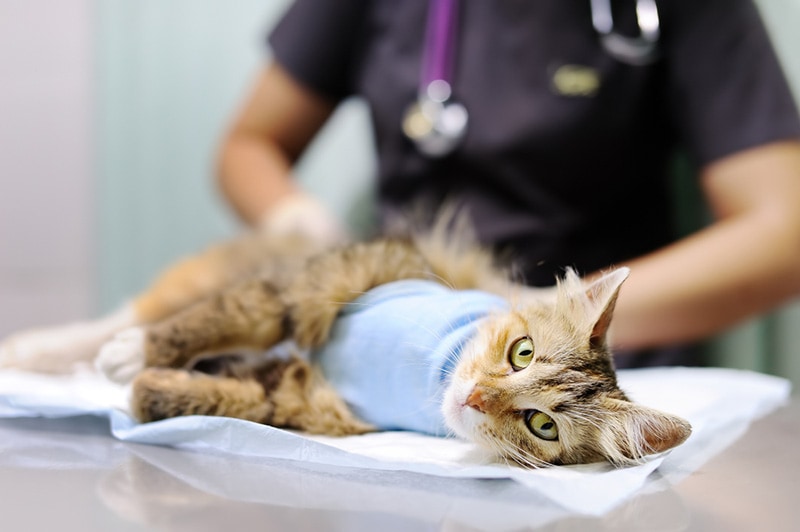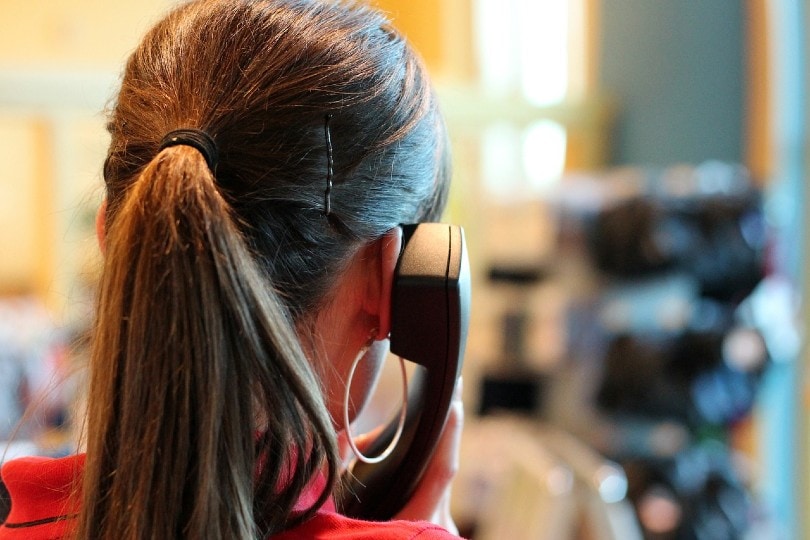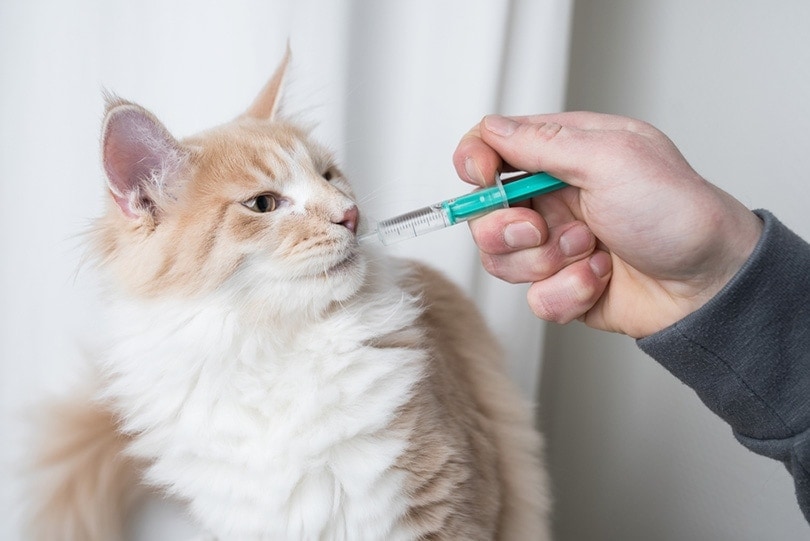
Click to Skip Ahead
There are a few important things you need to do to prepare your cat for surgery. The vet will also be doing a lot of different things to prepare for the surgery. But let’s start with the subject that worries many people when they drop their cat off for surgery, and then we will go back to what you need to do. We will cover all of this and more in this article.
What to Expect Before the Surgery
Most hospitals will have you bring your cat into the clinic first thing in the morning. Your cat will then spend a few hours waiting for their surgery. They will have their surgery and then will wait again after surgery before going home.
Arriving early at the hospital does the following important things:

What to Expect After the Surgery
After surgery, the vet will be watching your cat even closer. They will be watching for things like the following:
The 4 Important Tips to Remember for the Surgery
1. Keep them indoors

It is almost always easier to keep your cat indoors overnight so you can find them in the morning. A cat disappearing into the neighborhood and missing their surgery happens more often than you think. Seriously, it happens all the time. Plus, if they are indoors, they also cannot hunt or eat.
2. Prepare a safe and comfy crate
It’s an easy thing to forget about until you put your cat in the crate, only to realize it’s broken and dirty or has become home to some mice.
I have seen all sorts of crates, from a McDonald’s bag to a rusty old birdcage with a dead mouse stuck to it. Gross, right? Make sure your cat has a nice, safe, clean, and comfy crate to travel in.
Double-check your crate is:
3. Be available for phone calls

Make sure you pick up the phone when the vet calls the day of the surgery and make sure you hear it when it rings. They may call you during the surgery and need an answer right away.
Reasons the vet might call:
4. Check for fleas
Really the only time I have seen a ‘dirty’ cat cause a problem is when they have fleas. The fleas leave little, tiny holes in the skin—bite marks—that break down its integrity, increasing the risk of infection and slowing healing.
Plus, fleas can walk across the surgical field—across the surgical cut even—spreading germs and dirt in an area that is supposed to be sterile. Make sure your cat has been treated for fleas at least a week before surgery to give the medication time to completely get rid of the fleas.
Frequently Asked Questions (FAQs)
Can cats eat before surgery?
No. Most of the time, you will need to take their food away the night before. Check with your vet regarding the exact timing, though.
This is mostly because when a cat is under general anesthesia, they lose control of their throat and food comes up—a process called regurgitation. Then they can choke, especially since they can’t cough when they are unconscious.
In addition, many of the anesthesia drugs can make cats nauseated and vomit so they can choke while they are falling asleep too.
Can they drink before surgery?
Most of the time—yes. Water travels through the stomach faster than food, so by the time they go to surgery, they don’t have water there anymore. Plus, most of the time, it is important they drink beforehand so they stay hydrated.
But some vets will tell you to take their water away in the morning, about two hours before they arrive. This is mostly so they do not drink a bunch of water, go in the car, and get car sick.
If you know your cat gets carsick, it is probably best to take their water away in the morning unless they are struggling to stay hydrated.
Should I still give them their normal medication?
It is very important to carefully follow your vet’s instructions when giving medication. Most of the time, if your pet is on long-term meds, it is best to give them at normal times.
But there are four times to check with your vet to make sure everyone is on the same schedule.

How do I give medication if I can’t feed my cat in the morning?
Getting a cat to swallow a pill can be very difficult. So, if you normally give it in a treat, do that—just make the treat as small as possible. Most pills fit into a treat the size of a pea. A pea or even a grape-sized amount of food will not be a problem, especially because it brings the benefits of the medication.
But also, do it as early as you can. Try to avoid giving your cat its medication and then putting it in the car where they might get carsick. Try to give the medication about two hours before.
Should I bathe my cat before surgery?
Most of the time, I would say no. Most cats are clean enough for surgery. And giving them a bath beforehand will only up their stress levels.
If your cat is really dirty, it might be a good idea. If, for example, they rolled in some mud—if they are covered in visible dirt. But that doesn’t happen often.
Or, if they are severely matted, this might be something to consider. But discuss the situation with your vet. If a groomer can remove the mats before, it might be helpful and make your cat more comfortable. But also, if your cat is that severely matted, chances are they hate to be brushed, and it might be a good time to clip them while they are unconscious.
Conclusion
Just remember to talk to your vet, listen to their instructions, and follow them closely. If you make a mistake, that is okay. Tell them, and they will help solve the problem.
And remember to breathe. Maybe, take yourself out for a relaxing coffee after you drop them off. Remember, you are doing the best thing for them by bringing them in for surgery. They will still love you despite it all.
Featured Image Credit: ARVD73, Shutterstock






